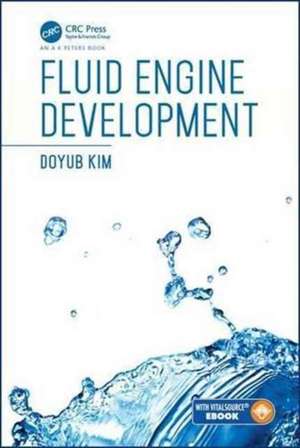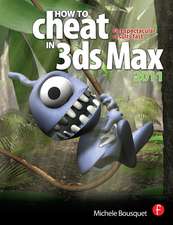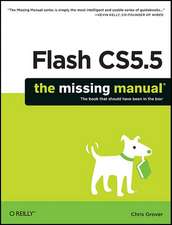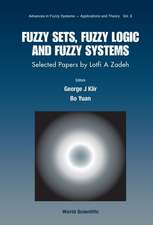Fluid Engine Development
Autor Doyub Kimen Limba Engleză Hardback – 16 dec 2016
- Explains how to create a fluid simulation engine from scratch
- Offers an approach that is code-oriented rather than math-oriented, allowing readers to learn how fluid dynamics works with code, with downloadable code available
- Explores various kinds of simulation techniques for fluids using particles and grids
- Discusses practical issues such as data structure design and optimizations
- Covers core numerical tools including linear system and level set solvers
Preț: 447.98 lei
Preț vechi: 486.94 lei
-8% Nou
Puncte Express: 672
Preț estimativ în valută:
85.74€ • 88.36$ • 72.39£
85.74€ • 88.36$ • 72.39£
Carte disponibilă
Livrare economică 11-25 februarie
Livrare express 25-31 ianuarie pentru 38.15 lei
Preluare comenzi: 021 569.72.76
Specificații
ISBN-13: 9781498719926
ISBN-10: 1498719929
Pagini: 320
Ilustrații: 104
Dimensiuni: 156 x 234 x 2 mm
Greutate: 0.66 kg
Ediția:1
Editura: CRC Press
Colecția A K Peters/CRC Press
ISBN-10: 1498719929
Pagini: 320
Ilustrații: 104
Dimensiuni: 156 x 234 x 2 mm
Greutate: 0.66 kg
Ediția:1
Editura: CRC Press
Colecția A K Peters/CRC Press
Public țintă
Professional Practice & DevelopmentCuprins
Chapter 1 Basics.
Chapter 2 Particle-Based Simulation
Chapter 3 Grids Simulation
Chapter 4 Hybrid Techniques
Chapter 2 Particle-Based Simulation
Chapter 3 Grids Simulation
Chapter 4 Hybrid Techniques
Notă biografică
Doyub completed his B.S. and Ph.D. from Seoul National University. His doctoral research focused on physics-based animation and high-performance computing. After completing his doctoral study, he worked at Carnegie Mellon University as a post-doctoral researcher and U.C. Berkeley as a visiting researcher. Then he started his industry career at Microsoft to work on 3D maps, and later he joined Uber Maps Research team.
Descriere
From the splash of breaking waves to turbulent swirling smoke, the mathematical dynamics of fluids are varied and continue to be one of the most challenging aspects in animation. Fluid Engine Development demonstrates how to create a working fluid engine through the use of particles and grids, and even a combination of the two. Core algorithms are explained from a developer’s perspective in a practical, approachable way that will not overwhelm readers. The Code Repository offers further opportunity for growth and discussion with continuously changing content and source codes. This book helps to serve as the ultimate guide to navigating complex fluid animation and development.




















